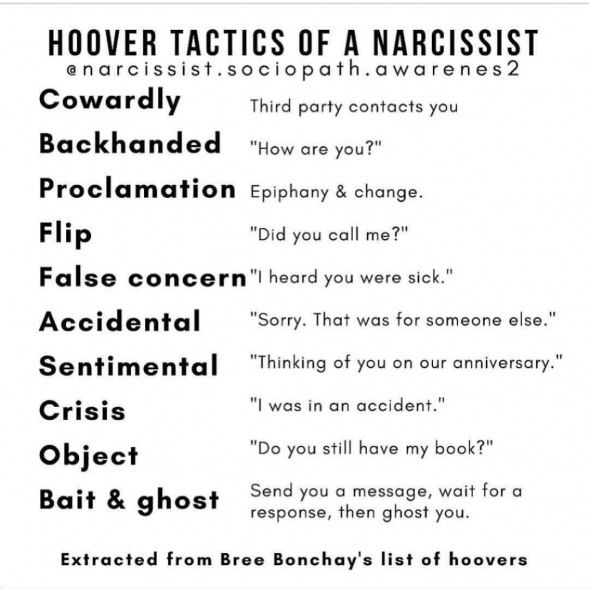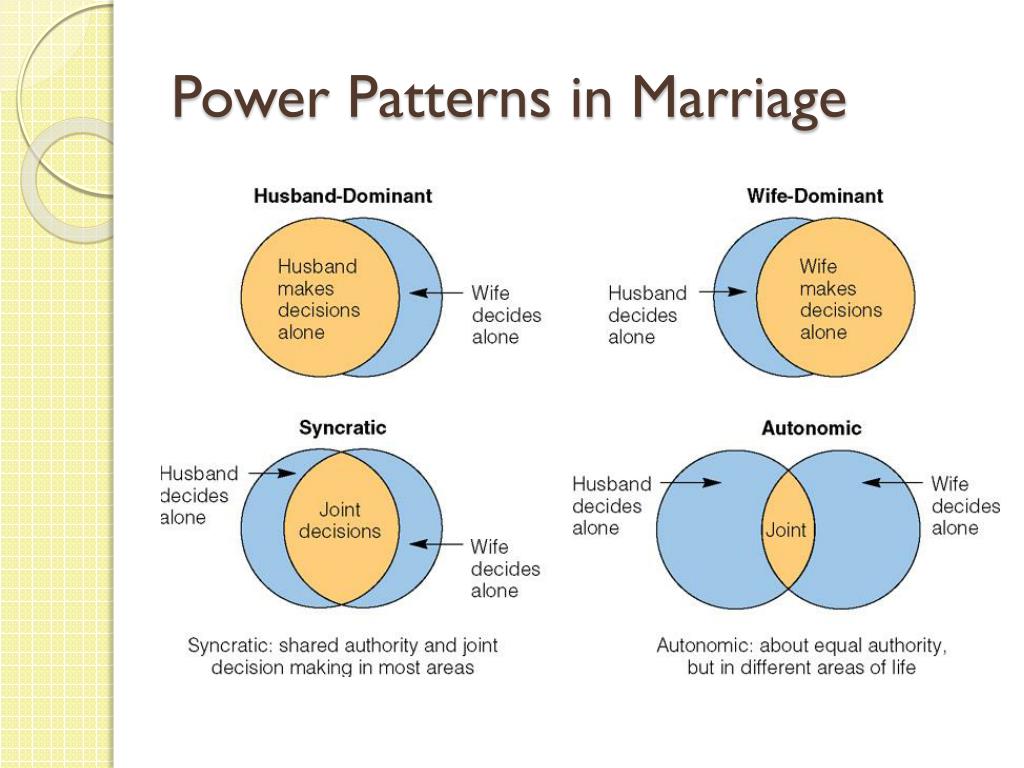How to expose a covert narcissist
How To Unmask And Expose A Narcissist?
Narcissists are great at getting you to trust them and get dependent on them.
A narcissist’s mask makes them into the person they want the rest of the world to see them as. Learn to unmask and expose a narcissist to yourself and others.
Their mask is the key to their relationships, charm, and success. When you expose a narcissist, you show to the world a vain and fraudulent person behind that mask of superiority.
To keep up the ruse, they will intermittently give you crumbs of love and attention. The worst type of narcissist is the malignant narcissist.
They are deceptive people and will use you until you keep supplying them with praise and compliments.
They lie, cheat, and abuse to look and feel great about themselves, and to make you believe they are better than anyone else. By unmasking them, you could save your mental resources, emotions, and time.
How to expose and unmask a narcissist?
It’s often difficult to identify a narcissist because they can be charming and manipulative, and they rarely have the self-awareness to admit that they have a problem.
Narcissists are also difficult to spot since they’re good at lying their way into putting up a fake public image of being a normal person. So, how to expose a lying narcissist?
Here are some effective ways to unmask a narcissist:
1. Identify the narcissistic behaviors
The first step to unmasking a narcissist is to identify the behaviors that are common among them. These include:
- A grandiose sense of self-importance.
- A preoccupation with fantasies of unlimited success, power, or beauty.
- Believing that he or she is special and acting accordingly.
- An expectation of constant praise and admiration from others.
- Having an unreasonable sense of entitlement, e.g., expecting special favors without reciprocating.
- Taking advantage of others in order to achieve his or her own ends.
2. Embarrass them to trigger narcissistic rage
You can embarrass a narcissist by pointing out the lies they told you, by providing evidence of when they slipped up.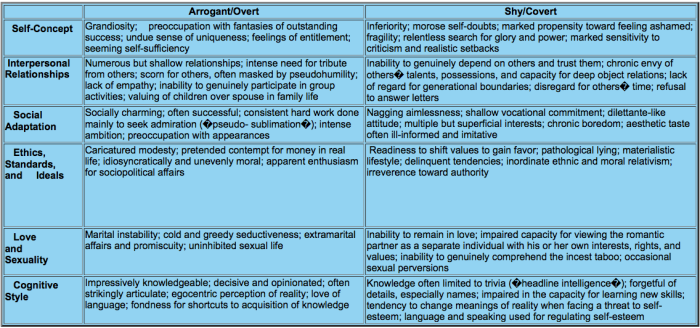
You see, a narcissist has a lot of lies behind them. So they have to stay alert about what lies they have already told you and be careful about what versions of the same lie they might blurt out to others.
Positive Mindset
Please enable JavaScript
Moreover, they change their stories so much that they can’t keep up with their own lies.
When you call them out with a lie that they told you, they may initially stonewall you or silently express how much hurt you are causing them. They might also try to explain their behavior with some outrageous explanation, such as they were under threat from the FBI.
When you repeat your unmasking effort a few more times at other times, they cannot stop themselves from showing that narcissistic rage.
In that rage, they might blame you for not understanding why they did it, instead of having a rational discussion about the issue.
This can get extremely dangerous at this point. Stay close to the exit if you want to unmask them by triggering
narcissistic rage.
3. Lay a well-planned trap.
Gather undeniable evidence of their fraud or lie, get them into a situation where other people who know you are present, and confront the narcissist with the facts you learned.
Make the situation so foolproof that they have no way out other than to accept it.
Being among others helps keep you safe for the time of unmasking.
Decide beforehand what consequences you are ready to accept – an apology with assurances of no repeat offense, or a clean break.
4. Wait for time to pass.
They say that karma is a dish best served cold. Let Time serve it to the narcissist tormentor in your life.
Narcissists always unmask themselves eventually. With the passage of time, the narcissist will be so tired of wearing their mask in front of you that they will carelessly unmask themselves.
Truth always seeps through and time always brings everything to the surface.
With time, they start to feel they have total control over you so they can stop pretending to be a good person. Initially, they may let the mask deliberately slip a few times to check your reactions.
Initially, they may let the mask deliberately slip a few times to check your reactions.
Once they feel emboldened, they go to their original vile self, without bothering about whether you are shocked or not.
They are not as smart as they feel they are. The bulk of what they say or do is a lie, an untruth, or some other type of misrepresentation. Nothing they say ever actually adds up. They repeatedly contradict themselves. This always came back to bite them.
Hopefully, you are away from them by the time they are exposed by Time.
What is behind a narcissist’s mask?
What lies beneath a narcissist’s mask is a self-centered person with no empathy who seeks constant admiration. There is a person inside who suffers low self-esteem, fears being exposed or abandoned, and is full of bitterness and revengefulness. The paranoid within is a master manipulator, pathological liar, and habitual gaslighter.
They can be very charming in the early stages of any relationship, but quickly become controlling.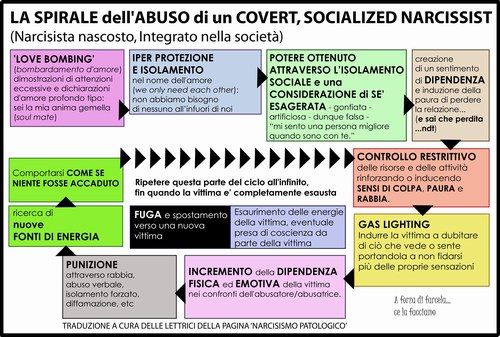
You can bet that no matter how many helpful deeds and sacrifices you do for them, they will always remain ungrateful and take it that you did them for your personal gain.
They have an insatiable need for admiration and attention.
That is the way they interact with all people. So, even if they hide their dark personality features from you, you are better off unmasking them and saving yourself a lot of hurt down the way.
What happens when you unmask a narcissist?
When unmasked, a narcissist first tries to deny it, and then becomes enraged. Their rage comes from the fact that you have exposed their manipulativeness, and now they have become vulnerable to the rest of the world.
They are scared that you might share their true nature with the people around them, and they will no longer believe their fake stories of glory.
Finally, they discard you. They know that they cannot keep fooling you anymore.
How to deal with a narcissist after unmasking them?
The first thing, stick to your truth.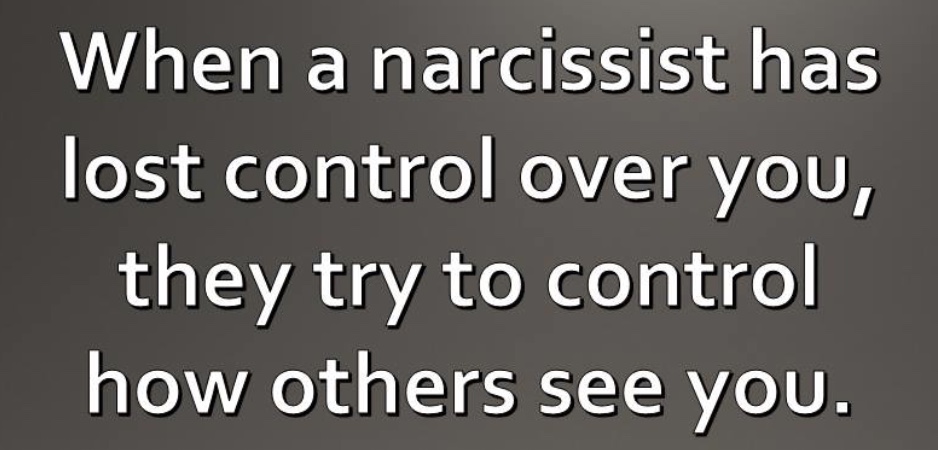 Be firm enough to not let yourself get swayed by their explanations and sob stories.
Be firm enough to not let yourself get swayed by their explanations and sob stories.
The best way to deal with an unmasked narcissist is to reduce their rage by agreeing to their point of view on whatever they say so that the situation does not escalate.
However, when it comes to doing what they say, tell them you cannot do so and remove yourself from the situation before telling them you don’t need them in your life anymore.
What damages a deserted narcissist the most is seeing you happy and satisfied with your life.
Never feel bad for their sorry plight after you leave them. Never carry regret for having abandoned them.
Why not reveal a narcissist that you know?
What to do after unmasking the narcissist?
You know how to expose a narcissist, but don’t rush to tell them. Many survivors and experts advise you against revealing to a narcissist that you know they are a narcissist.
- First, because they will never accept their slip up, and find ways to blame you back.
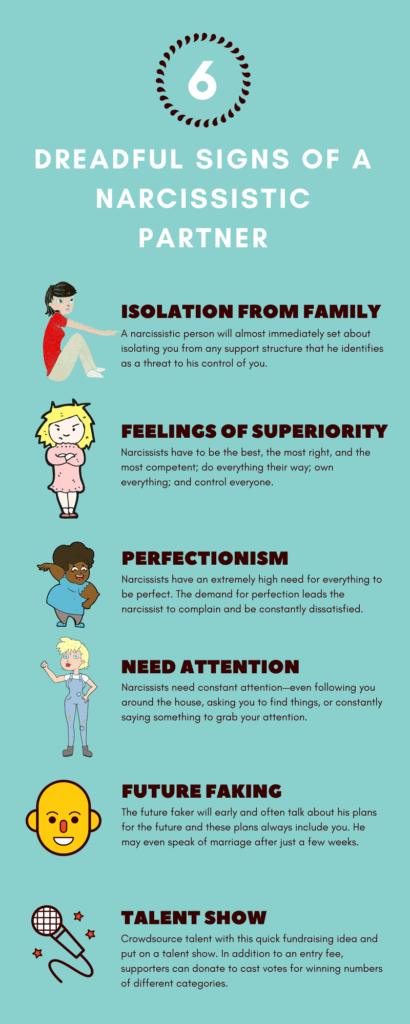
- Second, they will try to insult and harm you in more direct and unobvious ways and make you feel worthless.
- Third, they will discard you when you are at your most vulnerable.
Unmasking and exposing a narcissist is quite risky because they are so good at keeping a loyal band of fans perpetually conned that your attempt to unmask them could easily backfire, with you looking like the envious and lying one.
Final Words
When you unmask a narcissist, you find a dark and disturbing person lurking inside. Is that someone to hold on to, lavish your love on, or sacrifice your energies and resources on?
A dumped narcissist may love-bomb you to get you back.
They can offer fake apologies and make promises about changing themselves. In all probability, without valid therapy, they are not likely to behave any better.
• • •
7 Strange Behaviors of A Covert Narcissist
• • •
Author Bio: Written and reviewed by Sandip Roy — medical doctor, psychology writer, and happiness researcher. Founder and Chief Editor of The Happiness Blog. Writes on mental health, happiness, positive psychology, mindfulness, and philosophy (especially Stoicism).
Founder and Chief Editor of The Happiness Blog. Writes on mental health, happiness, positive psychology, mindfulness, and philosophy (especially Stoicism).
• Our Happiness Story!
√ If you enjoyed this, please share it on Facebook or Twitter or LinkedIn.
How to expose and unmask a narcissist?
1. Identify the narcissistic behaviors
2. Embarrass them to trigger narcissistic rage
3. Lay a well-planned trap.
4. Wait for time to pass.
What is behind a narcissist’s mask?
How to deal with a narcissist after unmasking them?
Why not reveal a narcissist that you know?
Final Words
How To Expose A Narcissist Without Looking Like The Crazy One
How to expose a narcissist without looking like the crazy one, is what so many people want to do, yet find incredibly difficult to do. Of course, it is beyond traumatising when narcissists lie, manipulate, smear, take zero responsibility for pathological behaviour, and you get blamed for all the problems.
This is why I wanted to write this article so that you could know ‘how to expose a narcissist’ the right way.
Be very clear with working out ‘how to expose a narcissist’ that you are not dealing with a rational, decent person. The narcissist is never wrong, has zero remorse, care or consideration for others, and is always blaming someone else. If you are in close proximity and things fall apart, of course, you are going to be smeared, and the narcissist will twist and turn information to make them look like the great person and you the terrible one.
You may lose people in your life. Many a person after narcissistic abuse has been smeared and demonised beyond repair to others. Sadly, this is the way it can go but where it can get much more sinister and deadly is if the narcissist can convince key people, including authorities, that you are a bad person and need to be dealt with severely, affecting your capacity to go forward having a happy and successful life.
I want to talk about how to expose a narcissist early on, before we are so dependent and enmeshed with them that our life is severely at risk, as well as how to expose a narcissist when things have got to (as they do/did for so many of us) that stage.
Calling Them Out Early On
What is a person’s character? This is essential to get to know, investigate and understand. And if it’s unsavoury, putting up with that and making excuses for it and accepting information that you know are lies is asking for trouble.
Don’t we know by now that going against our inner truth and making excuses for it means we will pay a price? The longer it goes on, the heftier the price we pay.
People are who people are. They are not going to change because we think we can fix them, ride the storms or make up for their character deficit.
Is this person considerate? Do they blame others? Do they take personal responsibility? Do they have a conscience? Does their peripheral embrace others, or is their life all about themselves? Do they pay their way in life, or are they parasitical in nature? Are they entitled and believe they can have and take whatever they want when they want? Are they incapable of apologising when they hurt someone?
If you allow this behaviour to be in your life, you are signing up for more of it. If you call it out, create boundaries, put an end to being taken advantage of and stop covering for narcissists, they and the relationship unravel. A narcissist is not going to want to be with you if they can’t mine you, manipulate you and lie to you. And quite frankly, you need to want to get out too, because how can you have a healthy, happy, sane, safe life under these circumstances?
If you call it out, create boundaries, put an end to being taken advantage of and stop covering for narcissists, they and the relationship unravel. A narcissist is not going to want to be with you if they can’t mine you, manipulate you and lie to you. And quite frankly, you need to want to get out too, because how can you have a healthy, happy, sane, safe life under these circumstances?
It is my highest suggestion to not take, ‘I can change,’ as an indication that things will get better. A person’s character is their character, it is ingrained. Lack of health in being ‘a good person’ is not overcome by someone pretending to act differently.
We all need to get very clear that choosing and hanging with self-absorbed, entitled, pathological people is no different to choosing to eat junk food every day. It doesn’t nourish our soul or spirit. It rips it down instead.
If you are continually taking in toxicity and being polluted with it, triggered by it and abused with it, of course, you become sick. If you are continually trying to stand for wholesome human behaviour with someone who doesn’t have the resources to be decent and simply refuses to take responsibility and get it, you will start going mad.
If you are continually trying to stand for wholesome human behaviour with someone who doesn’t have the resources to be decent and simply refuses to take responsibility and get it, you will start going mad.
And then when it all falls apart, you will feel like you are losing your mind and are highly susceptible to being painted as the crazy one.
If we get to this stage, then we really do need to do a lot of work on our healing and recovery to be able to work effectively with ‘how to expose a narcissist.’
That work is all about detoxing ourselves. The NARP Healing System is the most powerful, effective and direct way I know of how to do that, hence why there are so many success stories of full narcissistic abuse recoveries in this Community.
Exposing a Narcissist With The Truth
Personally, I have found that false selves hang themselves with their lies. They act pathologically, create mayhem that causes scrutiny and then try to lie their way out of it.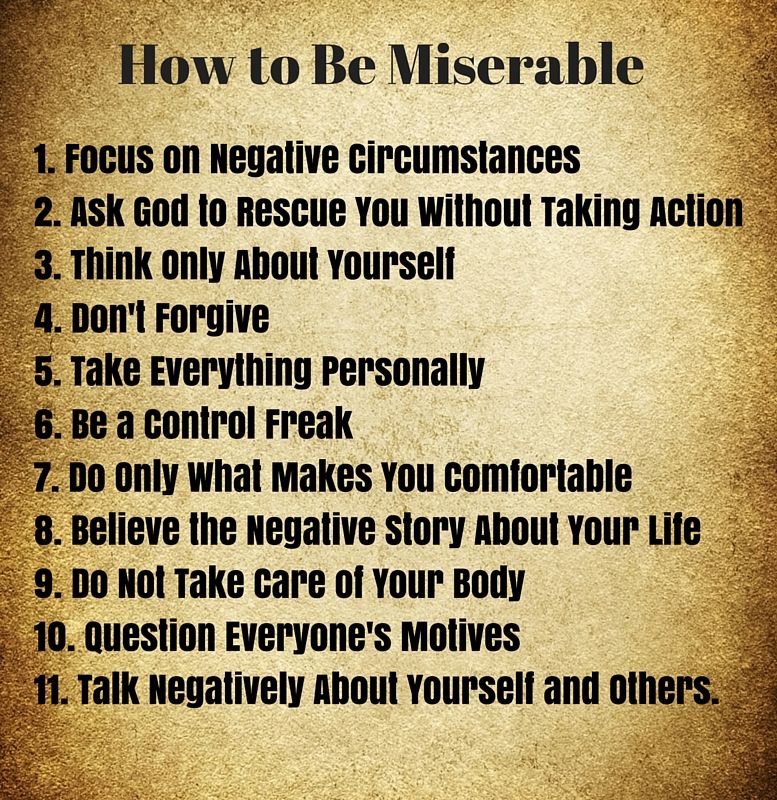
If you have the clear-cut facts and are no longer swayed by sentimentality, making excuses for them, or wishing they can be different (which is such a relief and totally achievable when you work with my NARP full recovery system), then you are very capable of executing ‘how to expose a narcissist’ effectively.
Document facts. Share them with key people. Expose what has really happened. Keep conversations exposed, transparent and under eyes and therefore accountable.
The narcissist knows you are flushing out the truth and exposing them and will twist and turn trying to find an angle (which of course won’t be the truth) and, if you have your facts, inevitably dig themselves deeper. Very shortly after that they will depart and leave you alone. The game’s up. Why keep trying when people start working out who they are?
It’s so important, as you walk the straight line in truth, that you have released your trauma and you have no qualms about investigating and getting facts. Be very clear you deserve to know the truth.
Be very clear you deserve to know the truth.
What is also vital when working with ‘how to expose a narcissist’, is that you have released all your dependencies on the narcissist for anything in your life. The narcissist will punish and desert you and not do the right thing with care, sensitivity, remorse, accountability, money, settlement or custody, and will try to make you ‘need’ them in order to continue punishing you and hooking you in.
Therefore, release all these ties, emotional and practical, and become a source to yourself. If you do this and walk and generate your truth, the narcissist will be powerless to manipulate you, hurt you or possibly even smear you. Truly, anyone who believes their version is not worth having in your life, and you will find that so many more credible and real people do clearly get the truth.
What is important is that you know the truth, this person is exposed as pathological and is not healthy or welcome in your life, and you are determined to detox them and create a happy, healthy life for yourself and those you love.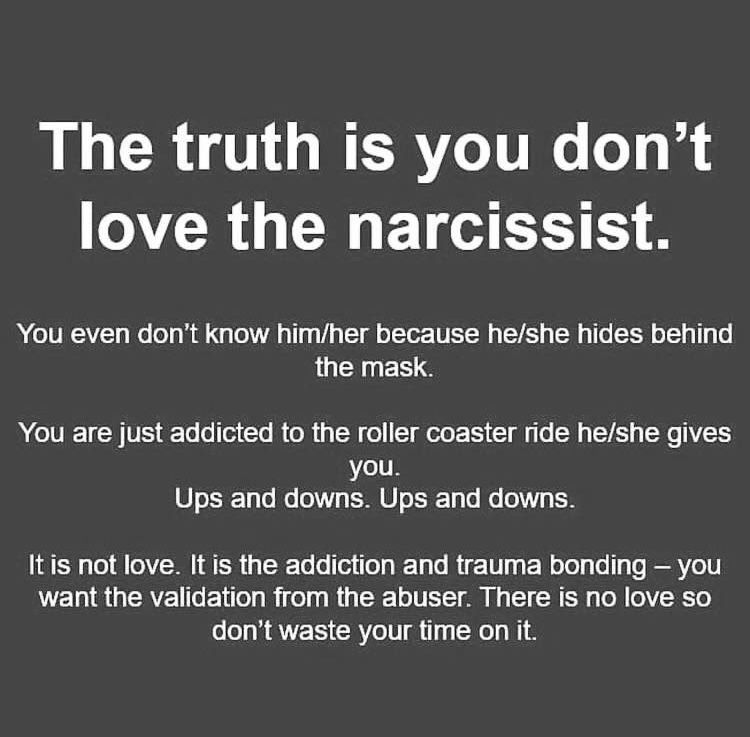
There is no greater up-level, relief and clarity than that.
How to Expose a Narcissist In the Workplace
The best way to expose a narcissist is transparency and bringing the toxic pathologies out into the light.
Narcissists operate in the workplace with ‘divide and conquer’ tactics. Meaning they sidle up to people and show them preferential treatment, grooming them to be ‘their pet’ and start mining them to take the narcissist’s workload for them, be their minion against someone else or whatever agenda they may have. This ‘pet’ may not realise that this person is using them for their own benefit by promising them the world and doing it with multiple other people as well.
Additionally, narcissists will not take responsibility, blame others for mistakes and play cover up constantly.
They are, however, not that clever because they are so self-absorbed and entitled they don’t worry too much about being detected. Most people in the workplace know that there is a toxic and even narcissistic person present when one is.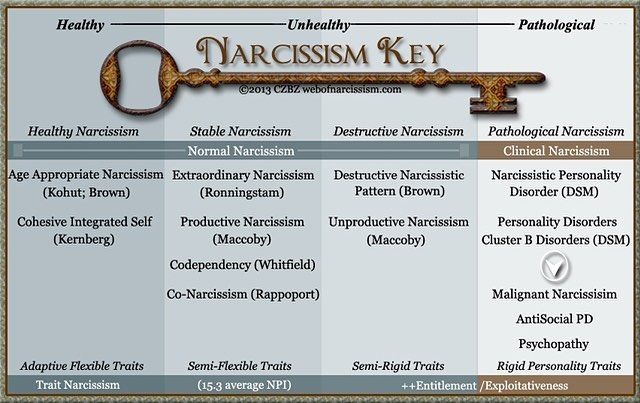
The way to expose them is simple, have the facts or details of the conversations and whatever else you know and raise it in calm and very clear ways in group meetings in front of as many people as possible. Then all the triangulation tactics are exposed. People start to know the truth.
There is every chance the narcissist will unravel and show their true colours when their ego injury is ignited in public. Be prepared for the pathological lies or projections to spew forth, and if you have done your homework then you will usually have the facts to counter these lies, or just remain silent in the face of such nasty, childish retaliation, and the narcissist will dig their hole even deeper, in full public view.
There may be some minions who try to cover up and defend the narcissist, but it is unlikely that when they see the narcissist unravelling that they will risk their own skin as well. In fact, the narcissist may show their true colours even more, by trying to scapegoat the minions.
I know exposing a narcissist in the workplace takes immense courage, but I promise you in this community there are people who have taken narcissists down in this exact manner, calmly and clearly, even though they were of course, pretty terrified about doing it.
When we step into our authentic selves and are willing to lose it all to get it all, then spectacular breakthroughs happen in our lives and for those around us.
Narcissists exposed in this way withdraw. They leave. No different to the myth of vampires, they can no longer exist in an environment where a great bright light has brought who they are and what they do, out into the open.
For more information, you can read my article The Narcissist in the Workplace.
How to Expose a Narcissist In Court
It’s so important with knowing how to expose a narcissist in court that you showcase this person’s behaviour rather than try to convince people that this person has a personality disorder. This is done by keeping documentation, being calm and clear with your evidence and sticking to the facts that can be backed up.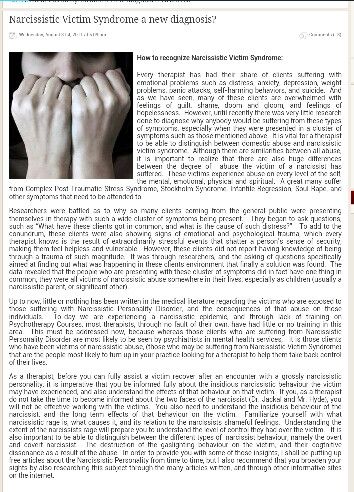
Narcissists love trying to intimidate you and gain narcissistic supply in court settings. Therefore, don’t address the narcissist or their lawyer, rather speak to the judge. Don’t sit in the courtroom where eye contact can happen with the narcissist. Ignore their or their minion’s attempts to intimidate and disarm you in the waiting area before walking into the courtroom.
The narcissist is most likely to get triggered, unravel and expose themselves the calmer, detached and directly ignoring them that you are. Loss of power to the narcissist means a severe narcissistic injury where they may explode with irrational and even delusional behaviour or turn on someone else, their own lawyer or even the judge, totally exposing themselves.
To learn more about this you can watch my Thriver TV episode 6 Things To Look Out For During Court Battles With A Narcissist.
Becoming “Anti-Fear”
When knowing how to expose a narcissist, the number 1 criteria is to become anti-fear.
This is what I wrote in another article earlier this year:
“Narcissists can only get you through your fear …. your fear feeds them power. It is the figurative bullets that they load up in their gun to shoot you with. When we are triggered by the fear of what the narcissist may do, we react and try to expose the narcissist and frantically appeal to others to help us. Yet, people don’t want to get involved. They shut doors in our face, don’t listen, don’t care, switch off, and even turn against us. And, you are shocked to see how the narcissist twists it all by making you out to be the wrong and crazy one. This can lead you to lose credibility, court settlements, and even your children.”
This is why, in every area of our life, love, workplace, court, any situation at all, the inner work on ourselves is everything so that we can show up in our power, the inner solidness and truth, and we just walk this line: ‘Really? NO that was not the truth. This actually is.’
Who chooses to believe the truth is really not the issue.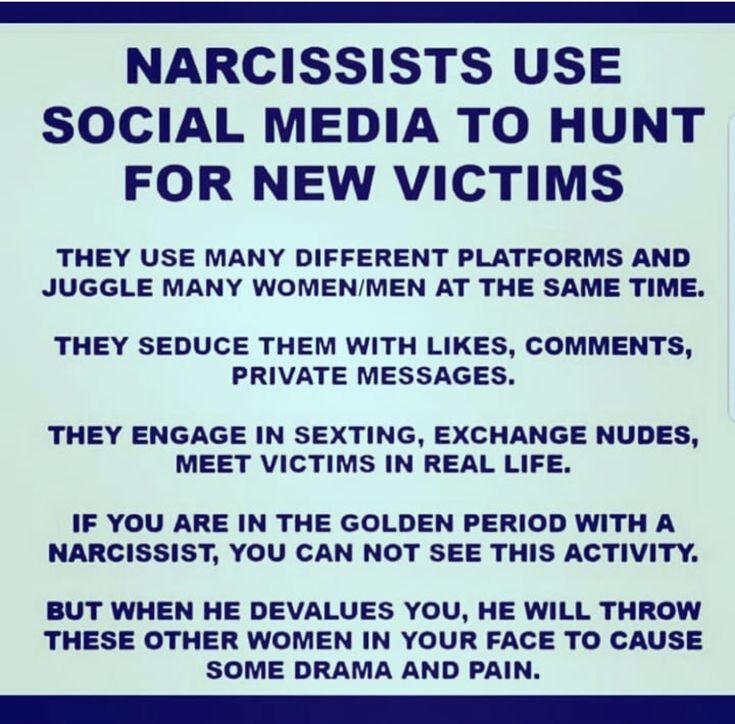 The issue is that we know it and we can hold our head high going forward feeling released, resolved and clear that who and what the narcissist is, is NOT our reality.
The issue is that we know it and we can hold our head high going forward feeling released, resolved and clear that who and what the narcissist is, is NOT our reality.
Then we will be astounded by how the rest of life follows.
The deal is always this: good people have good people in their lives. Once we leave pathological people behind and purge their toxicity from within us, we stop feeling sick. We get well, and so does our life. Whereas, the narcissist’s life is always going to be fraught with disruption, pain and stop/starts. That doesn’t change.
People start to see the truth. Many people don’t trust the narcissist anyway, they get a bad vibe off him or her even from the beginning. How many people in your life have told you that, after you ended relationships with the narcissist, or even when you were in the relationship with them?
Life is really not that great for them, and the more you build and create your life from an authentic space, the more their lies and punishment regarding you falls apart. Know this to be true.
Know this to be true.
But to do this, we do need to turn inwards and confront and heal all that is being triggered off within us, that is causing us to obsess, panic, overreact and hand our power away.
There are many Thrivers in the community who have exposed and won against narcissists in so many areas of their life, as a result of using NARP to release their internal triggers, so that they show up formidably and truthfully in their power.
As always, I look forward to responding to your questions and comments below.
How not to become a victim of "hidden narcissists"?
Reading 8 min Views 1.6k. Posted by
Everyone is familiar with the loud, assertive and overconfident overt narcissists. This is a grandiose type of narcissist who aggressively promotes their superiority over the rest and does everything to get noticed. They can be vain, paying increased attention to their own appearance, or be of a more "intellectual" type, ready to humiliate and trample anyone who dares to encroach on their intellectual superiority.
Contents
- Ambiguous comments and coded language.
- Distraction
- Devaluation and tunnel vision
Fortunately, overt narcissists are easy to recognize and therefore avoid relationships with. Covert narcissists, in this sense, represent a certain danger. They may look meek, innocent, sympathetic, benevolent, modest - at first glance. They seem disarmingly seductive, even loving and sweet. But beneath the outward affability and sensitive façade, there is a contempt and a sense of permissiveness that does more harm because it stuns and traumatizes victims who do not expect it.
The covert narcissist's tactics are to humiliate, trample, and overwhelm their victims, but little by little, this is why their loved ones take a long time to recover from the unexpected psychological abuse they have been subjected to. Here are the top three manipulative tactics used by covert narcissists and tips on how to save yourself if you're a victim of them.
Ambiguous comments and "coded" language.
Ambiguous remarks appear when the covert narcissist is threatened by someone's intelligence, accomplishments, status, looks, or any other resource that he may be jealous of. In order to humiliate his victims by throwing them off their pedestal, and at the same time avoid responsibility for it, the covert narcissist makes a compliment, followed by an unexpected slap in the face (for example, “Wow, Mary, you really lost weight! The only bad thing is that the skin sagged a lot, right?”).
The reverse tactic can also be used - the narcissist first attacks you by becoming overly critical, and then "softens" the blow with a small compliment to sow confusion in the victim's soul (for example, "You know you screwed up and did everything wrong, right? Well, at least you tried and worked hard. So I'll let you get it.")
This tactic allows narcissists to preemptively belittle the victim in order to make their criticism seem justified.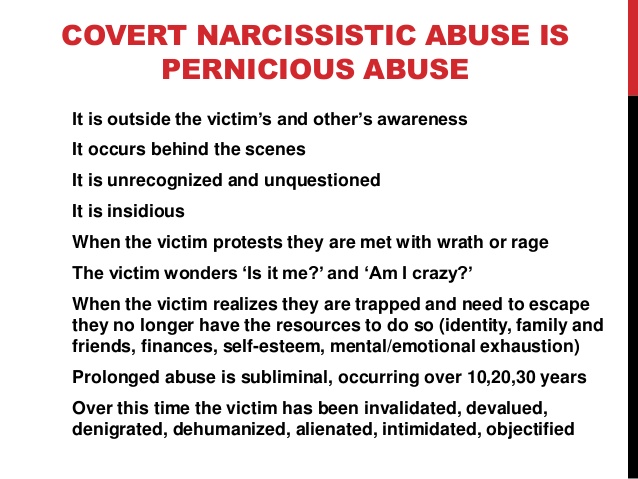 In addition, this "trains" the victim and creates conditions to target him to constantly seek the narcissist's support and approval. Covert narcissists can send mixed messages, adding insidious overtones to seemingly harmless words.
In addition, this "trains" the victim and creates conditions to target him to constantly seek the narcissist's support and approval. Covert narcissists can send mixed messages, adding insidious overtones to seemingly harmless words.
For example, they give a compliment in a condescending tone, accompany a funny “joke” at you with a contemptuous look, or use frightening gestures or facial expressions, saying something that can easily be interpreted in two ways (phrases that, in addition to their direct meaning, can have an offensive meaning ).
Of course, in doing so, they will try to convince you that they did not mean "nothing like that." Covert narcissists prefer to use so-called coded language. For example, they may humiliate you in front of others by making fun of you and pointing out things they know you are especially sensitive about. You both know how this comment can affect you, and using it means destroying mutual trust.
It also serves to evoke a reaction in you that may seem over the top to the outside observer. Covert narcissists love to provoke their victim in public. They then use her strong reaction to prove the victim's mental "instability" by exposing themselves as the innocent party. The ability to play on the victim's insecurities allows narcissists to create a complex "gaslighting effect."
Covert narcissists love to provoke their victim in public. They then use her strong reaction to prove the victim's mental "instability" by exposing themselves as the innocent party. The ability to play on the victim's insecurities allows narcissists to create a complex "gaslighting effect."
Gaslighting, as a method of psychological abuse, begins with a series of covert "mind games" designed to limit the victim's ability to tolerate ambiguity or uncertainty. The gaslighter seeks to undermine the victim's trust in their perception of reality and their sense of self. Essentially, the victim is trying to avoid cognitive dissonance and confusion by beginning to "believe" in the gaslighter's version of events. Slowly but surely, hidden humiliation, coded messages and ambiguous comments are increasingly integrated into the distorted reality that the narcissist recreates for his victim.
Tip. When faced with humiliation, avoid overreacting to the narcissist's criticism as much as possible.
The more emotionally you react to humiliation, the more likely the covert narcissist will remember it and use this tactic over and over again to provoke you. If you react to veiled insults and coded language in public, be sure they use your reactions as "proof" that you are completely out of your mind. Remain as calm in public as possible and discuss their behavior in private (although they will probably never admit they deliberately provoked you). If you feel in doubt as to whether the narcissist's words are offensive, compare how the narcissist reacts to your success with how other people do. If they congratulate and celebrate your triumph while the narcissist seeks to lower and devalue you, this is a sign that narcissistic criticism stems not from a desire to help, but from pathological envy.
Distraction
Covert narcissists do everything they can to keep you from noticing their desire to humiliate and devalue you. This helps them hide their intentions, maintaining control and power over you, as well as forcing you to “tiptoe” all the time.
Instead of taking responsibility for their behavior, covert narcissists turn their attention to your actions, personality, or imagined shortcomings. They might make a cruel comment about your figure, and the next minute they'll be disarmingly cute and talk about how great you look. Today they plan a romantic evening with you, and tomorrow they blame you for expecting them to drop everything for you - even if it was their idea - to spend time together. With constant transitions from pain to pleasure, from dissatisfaction to love delight, you stop noticing that they are constantly shifting the blame on you. They divert your attention from the fact that they constantly humiliate you by unexpectedly changing the topic of conversation. Phrases such as: "I'm not going to argue with you" or "This is not worth talking about" are used very often. No matter what you do or don't do, narcissists will never be happy with you, and you will never make them take responsibility for their words and actions.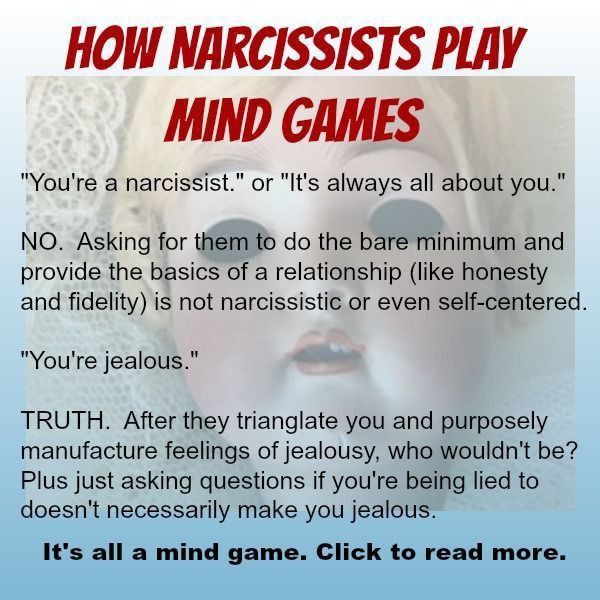
Believe what you experience and observe as consistent patterns of behavior, not what the narcissist is trying to convince you of. The predatory behavior of a narcissist will reveal much more about him than his sweet words and controversial actions.
When the narcissist tries to "distract" you from the main topic by pointing out the inappropriateness of what you did or said, or tries to make a straight face by cutting off the conversation as soon as he is in danger of being exposed, always return to the topic and repeat the facts while remaining focused on a specific problem.
Devaluation and tunnel vision
The narcissist uses tunnel vision, focusing excessively on irrelevant extraneous facts in order to minimize what you have achieved, what you are proud of, or what you are proud of. can be seen as your positive qualities. If you graduated from university with a master's degree, the hidden narcissist will ask you when you plan to get your doctorate. If you recently signed a lease on your dream apartment, he will immediately find something in the area that he finds questionable or unsafe.
If you recently signed a lease on your dream apartment, he will immediately find something in the area that he finds questionable or unsafe.
Devaluation will immediately allow you to determine who is a narcissist in a group of people. While others congratulate you on a job well done, the narcissist will sit in the corner pouting and then give you a dubious compliment, criticize or remind you "for your own good" of what he thinks you lack. When covert narcissists make you feel insecure, insecure, or confused, it's caused by a fear of dealing with your own emotional issues. Narcissists hide from themselves the fact that they may not be as special or unique as they desperately want to believe. This is what makes narcissists play emotional "hot potato" by constantly projecting their own negative feelings onto other people.
Devaluation and projection are the narcissist's favorite tactics to avoid the discrepancy between their grandiose, false self and true worth.
Tip.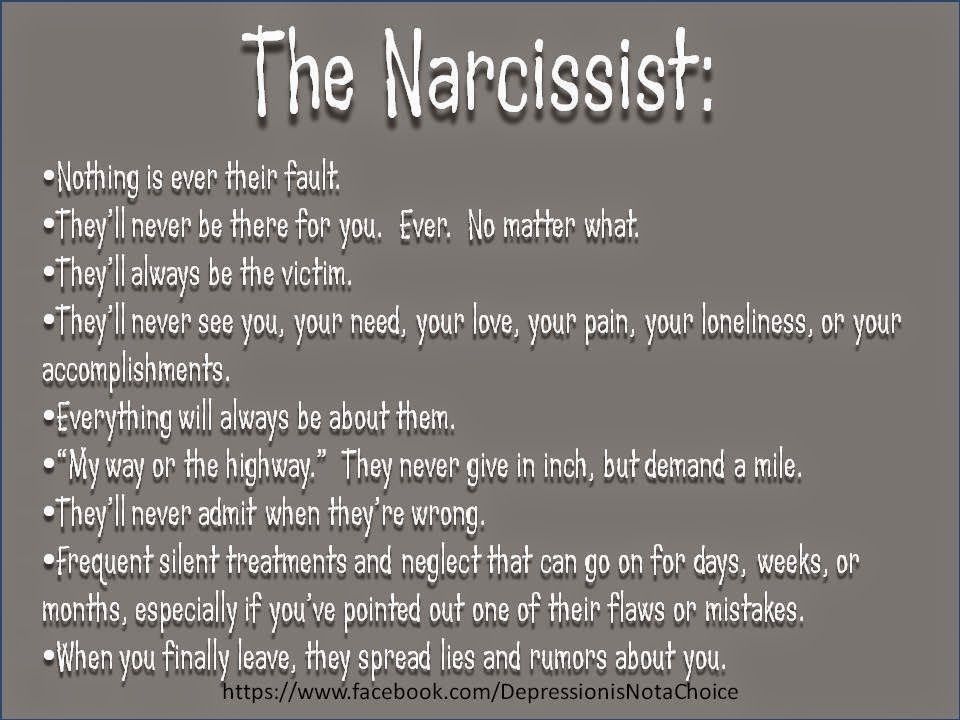 Don't succumb to narcissistic devaluation. Instead of dwelling on the narcissist's envious attempts to put you down, turn your attention to the people who genuinely rejoice in your success.
Don't succumb to narcissistic devaluation. Instead of dwelling on the narcissist's envious attempts to put you down, turn your attention to the people who genuinely rejoice in your success.
Realize that narcissistic devaluation of others is a secret admission of one's own mediocrity. Narcissists want to be exactly where you are and have what you have, but they know they will never get it. You are the person who threatens their false sense of superiority. Self-assertion and self-love are two of the most powerful tools that will come to your rescue when a covert narcissist tries to subdue you.
Do you have to deal with hidden narcissists? What tactics do they use?
- Yes
- No
- Ambiguous comments and "coded" language.
- distraction
- Devaluation and "tunnel vision"
- All tactics.
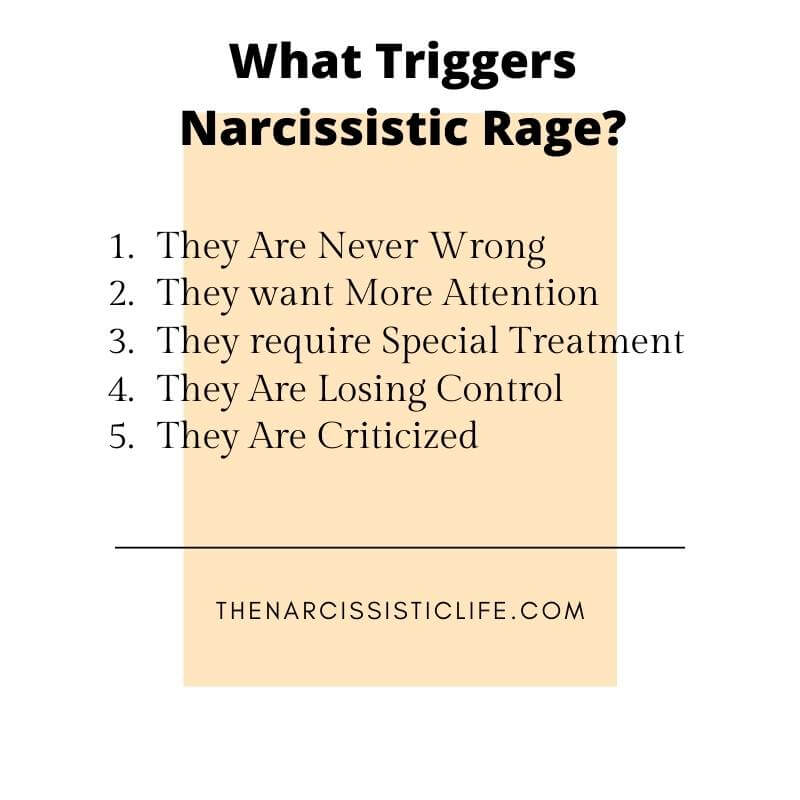
Poll Options are limited because JavaScript is disabled in your browser.
This poll is for the article: How to avoid becoming a victim of 'hidden narcissists'?
https://psiin.ru/vnutri-menya/kak-ne-stat-zhertvoj-skrytyh-nartsissov
who is he and how to recognize him • musanews
Charming e seducer 04 but also false e manipulator : narcissistic he is one of those men that every woman would like to avoid at all costs. However, sometimes this can be recognized too late, when such important feelings have already entered the relationship. love . To best identify a person with narcissism, you must know that they exist. different "kinds" of daffodils . The most difficult to expose is certainly the so-called Hidden Narcissus , a real magician of pretense.
different "kinds" of daffodils . The most difficult to expose is certainly the so-called Hidden Narcissus , a real magician of pretense.
When narcissism becomes pathological
Before discovering all the characteristics that make a man a cover-up narcissist, it is good to know that narcissism is not always a pathological disorder . In fact, in psychology we can distinguish two different cases, the so-called narcissism.” healthy "And what exactly is pathological that appears in various international studies and studies under the name narcissistic personality disorder .
This clarification is very important, because each of us has a narcissistic component, even when we are not aware of it.For example, a person who loves himself very much, who cares about his image, who strives to demonstrate his talent in a certain area, and who is proud of what he has done, can be said with narcissistic tendencies . However, in this situation, there are no prerequisites for narcissism to become real. personality disorder or personality disorder.
However, in this situation, there are no prerequisites for narcissism to become real. personality disorder or personality disorder.
All this happens when a person presents a genuine fixation on his image and on his personality , and then develops a series of manipulative behaviors . Thus, this is no longer a simple characteristic, but a pathological personality trait, because it interacts incorrectly with interpersonal relationships subject matter.
- Advertisement -
In general, the narcissist is recognized for constantly criticizing that he refers to others - and never to himself - for being a manipulator without empathy to use the guilt of those around him , and for megalomania which is clearly manifested.
The difference between an overt narcissist and a covert narcissist
As we have already mentioned, when talking about pathological narcissism, we need to distinguish between different personalities. In psychology, the term " open “To designate these disorders with open behavior by the person suffering from it. On the other hand, with " hidden " Refers to those hidden relationship , making it even more difficult to diagnose the problem.
In psychology, the term " open “To designate these disorders with open behavior by the person suffering from it. On the other hand, with " hidden " Refers to those hidden relationship , making it even more difficult to diagnose the problem.
To bring it all back to the confusion in question, we can say that narcissistic overt be it at all the most famous with his irresistible charisma and charm, a great seducer who likes to be in the center of attention and who has it 's marked lack of empathy for others, for whom it replaces tactics from 's experienced manipulator .
Il hidden narcissist on the other hand, he is always focused on himself, able to exploit others in his own interests and establish cases emotional dependence . The real difference is that stealth does it in some way. shy and abandoned . He also craves fame and success, but under the guise of idealism and insecurity. Her vulnerability makes ideal victims more empathetic people who will do their best to help him, even when he is the first to not want to resolve his situation.
shy and abandoned . He also craves fame and success, but under the guise of idealism and insecurity. Her vulnerability makes ideal victims more empathetic people who will do their best to help him, even when he is the first to not want to resolve his situation.
Hidden Narcissist© iStock
How to Spot a Hidden Narcissist: 5 Traits That Show Them
Understanding that you are dealing with a Hidden Narcissist is the first step in understanding how to deal with them. As mentioned above, they are not always easy to recognize, but they can at least be identified. 5 common features of that expose him in our eyes.
1. Constant desire for unobtrusive admiration
In contrast to the obvious narcissistic disorder, coverts do not want to be in the spotlight. is obviously . All this is due to their shy and reserved air with which interpersonal relationships begin, especially love ones. This causes admiring towards them does not happen with obvious gestures or as a leader of the group: they demand it for their way of life , for those fantasies of fame and glory that are born without anyone knowing.
This causes admiring towards them does not happen with obvious gestures or as a leader of the group: they demand it for their way of life , for those fantasies of fame and glory that are born without anyone knowing.
The reserved and shy attitude changes significantly when they are ignored, as they had hoped. Here is how they use one of their most dangerous weapons, i.e. passive-aggressive behavior : Narcissists will never show their anger or frustration by making dialogue impossible in the same way due to the handling of silence that they reserve for their "victims ".
Covert Narcissist© iStock
2. Shyness and Vulnerability
In everyone's imagination, narcissistic behavior is what they see. the protagonist's delusions and grandeur , as well as fantasies of success and fame. This attitude is explained by the exhibitionistic need of narcissistic subjects to be recognized by others. It is one of the characteristics that covert narcissists lack and that it can deceive people who come into contact with them, especially partners.
It is one of the characteristics that covert narcissists lack and that it can deceive people who come into contact with them, especially partners.
- Advertisement -
You can often hear that many women are fascinated not by Nietzsche's "superman", but by a shy and lonely boy who opens up "only" to them, talking about his difficult life. However, it's good to know that showing pain is never good . As with other disorders, covert narcissists use the victim aspect of relationships to achieve success. get everything they want those around them. The feeling of narcissistic superiority and the desire for grandiosity has not disappeared, but simply assuming other facade shy, modest or vulnerable.
The strength of this narcissist is no longer in his overt talents, but in his talents. his bad luck or his shortcomings , whereby he believes that he is entitled to preferential treatment of more fortunate and happy others.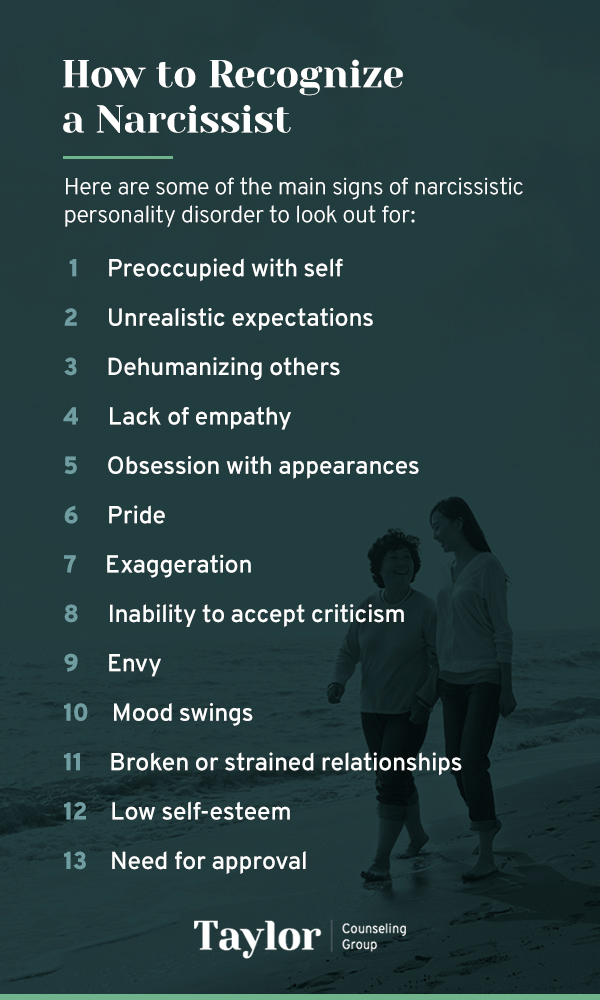
The Covert Narcissist© iStock
3. Only Apparent Empathy
If the overt narcissist is always found to lack empathy, then the covert personality can be identified more.” insidious ". In fact, the empathy he shows is one-sided, that is, is only for himself . For this, he shows himself to be a victim many times, perhaps blaming others for the mistakes he has made or for any other reason. Playing victim card he often manages to confuse those around him with his lack of empathy for others.0075 . It is from such behavior that the meaning that they attach only to themselves, to being, is distinguished. is incapable of experiencing sincere feelings for others.
Hidden Narcissist© Getty Images
4. Difficulties in interpersonal relationships.
Another trait typical of the covert narcissist is " social isolation ". This is because if, on the one hand, the open subject turns out to be brilliant, enterprising and self-confident in relation to everyone, then the hidden personalities become is much more selective in terms of attendance of . All this fits perfectly with their shy and reserved facade, with which they are introduced at the beginning of a relationship.
All this fits perfectly with their shy and reserved facade, with which they are introduced at the beginning of a relationship.
The absence of close friends or acquaintances is a sign that you need to pay close attention: people with covert narcissism choose people to surround themselves with only them. based on your own advantage , you are an opportunist and a prudent , especially when it comes to economic profit.
Excluded from their inner circle of "friends", covert narcissists won't know how to treat others and won't even try. They ignore all those who do not respect this image and selection criteria, become part of their knowledge by looking at them with an air of superiority .
5. Partner devaluation
Fighting a narcissistic partner is never easy, quite the opposite. Depending on the type of narcissism one has to deal with, one experiences relationships that severely damage self-image .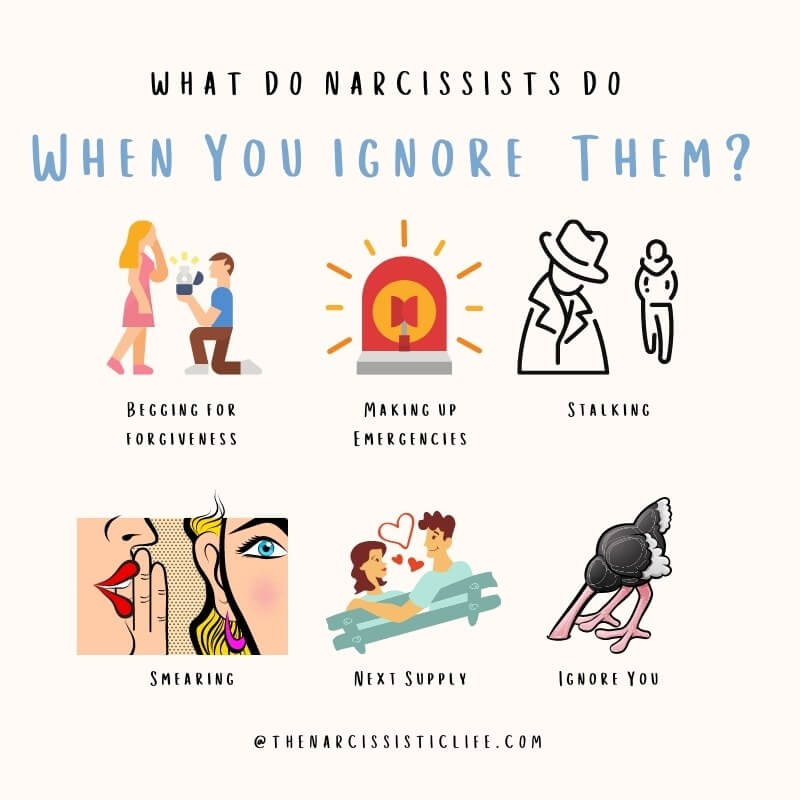 First, it is devaluation of . If the narcissist feels that he is too dependent on his partner, he tries to restore order - or power - within the couple, undermining his self-confidence and devaluing it. Also, given that is seriously lacking in self-esteem, seeks to find a companion who will make him "shine" in the eyes of others, only for his sole need for superiority .
First, it is devaluation of . If the narcissist feels that he is too dependent on his partner, he tries to restore order - or power - within the couple, undermining his self-confidence and devaluing it. Also, given that is seriously lacking in self-esteem, seeks to find a companion who will make him "shine" in the eyes of others, only for his sole need for superiority .
On the other hand, however, if the partner achieves better results than her, especially in the workplace and/or in the economy, he will try strong envy against her, which, in essence, will manifest itself as an attack aimed at her confidence in itself. Therefore, we understand how such relationships work. is toxic and dangerous, even in the short term.
Hidden Narcissist© Getty Images
How can you leave a narcissist
A love affair with a person suffering from a narcissistic disorder can have very serious consequences for the partner's mental well-being.
